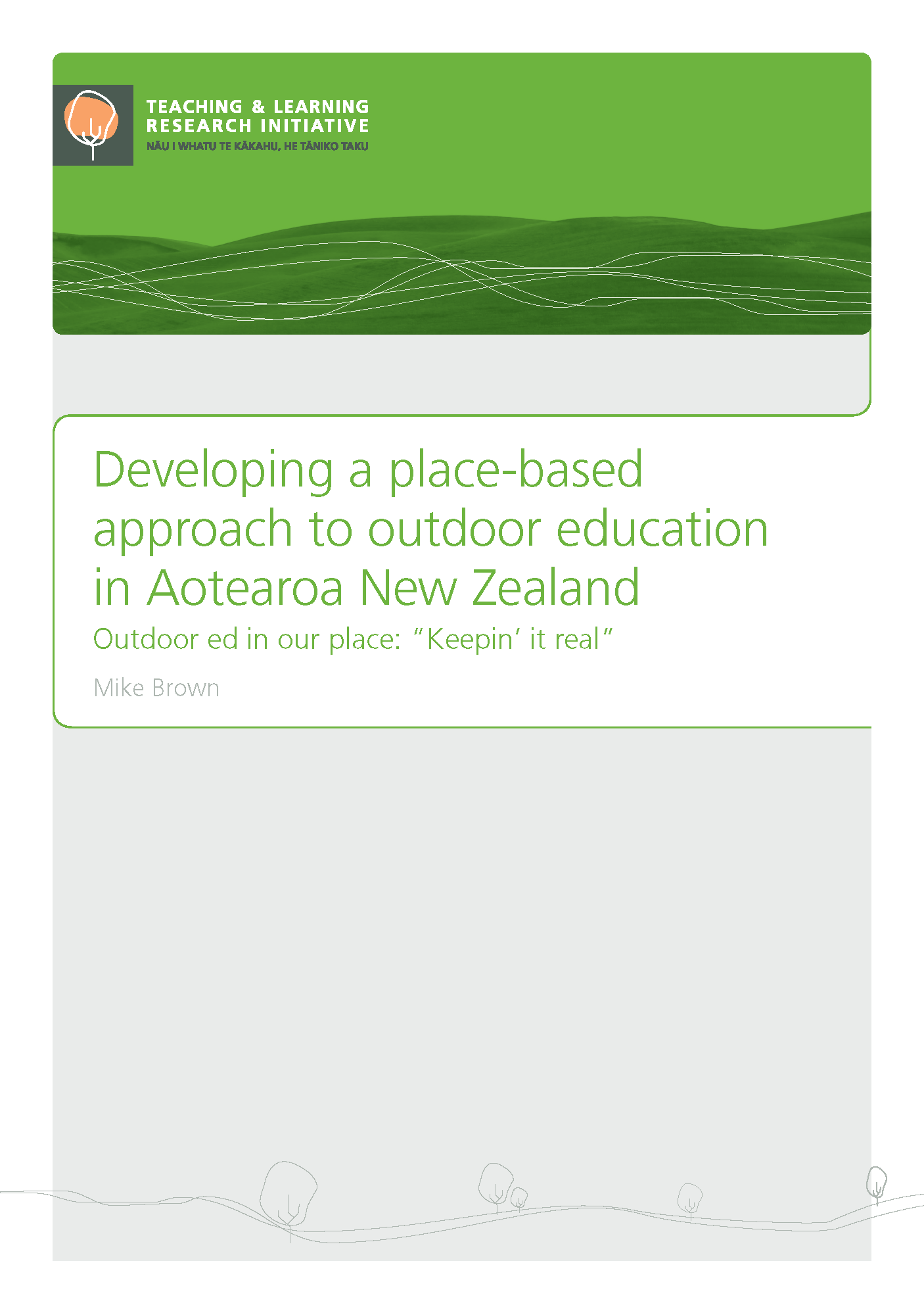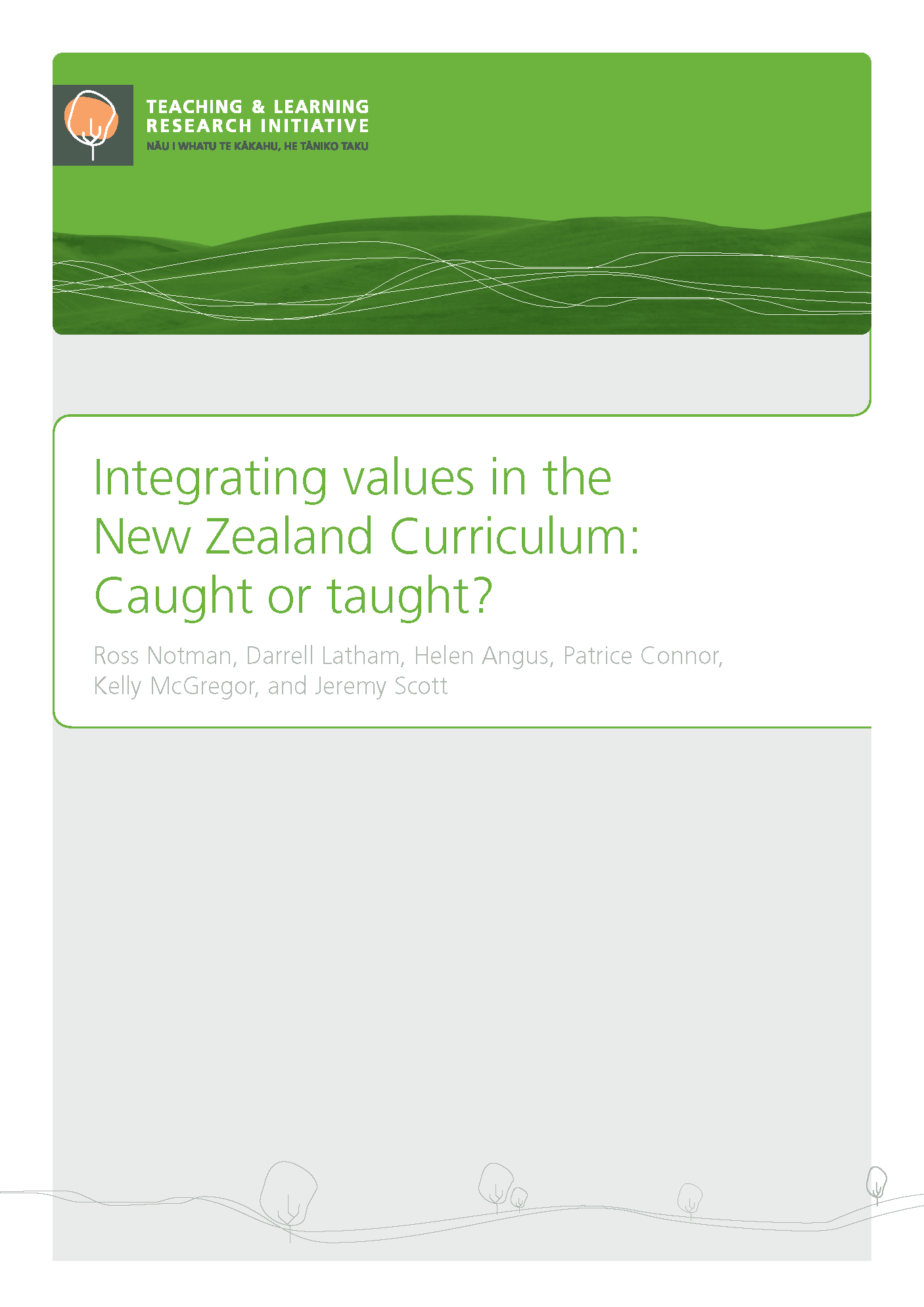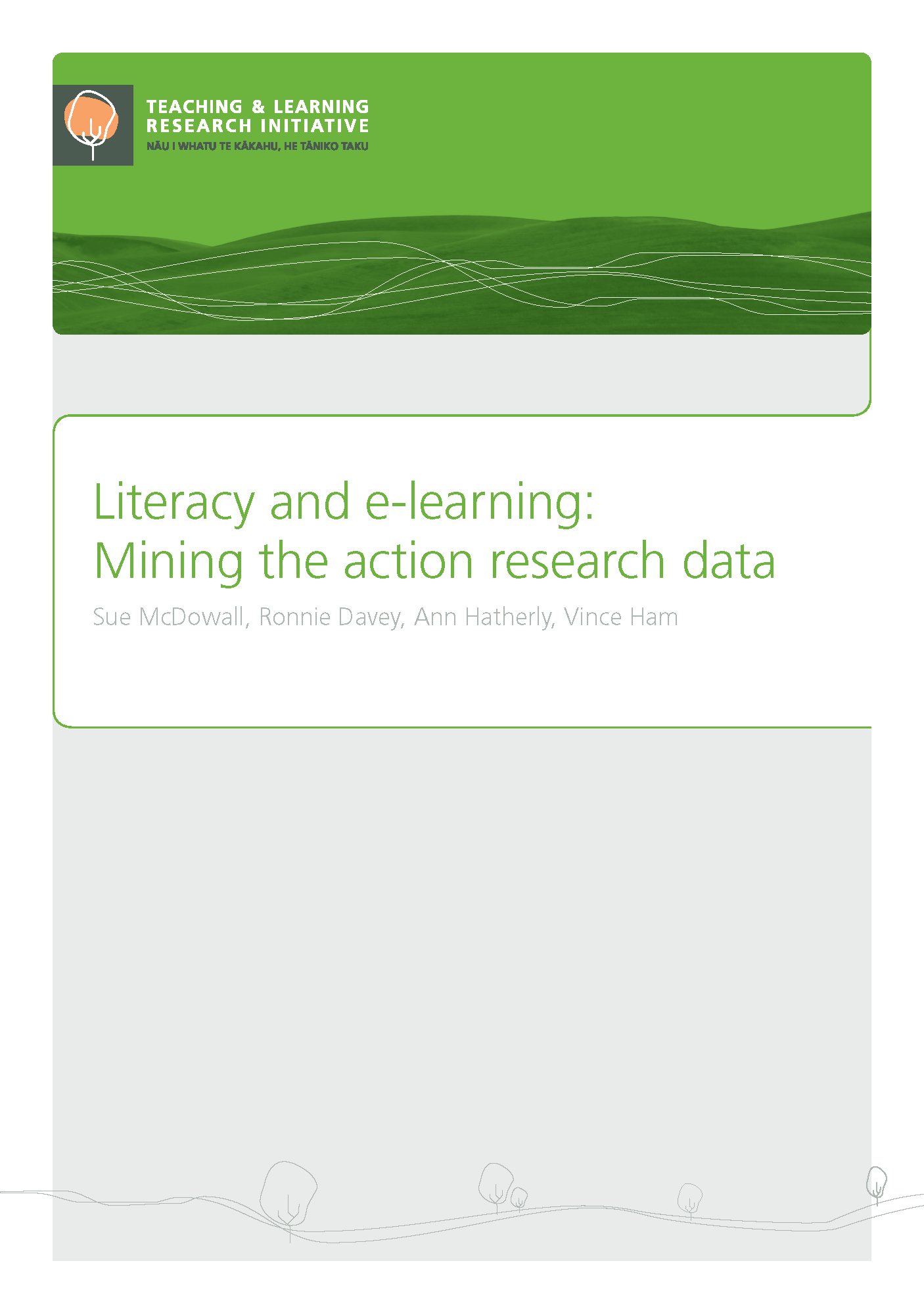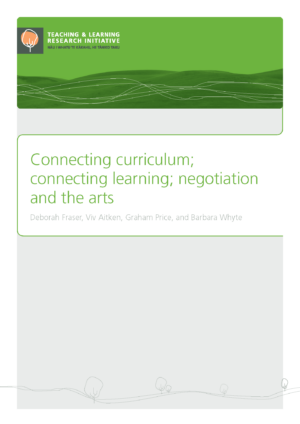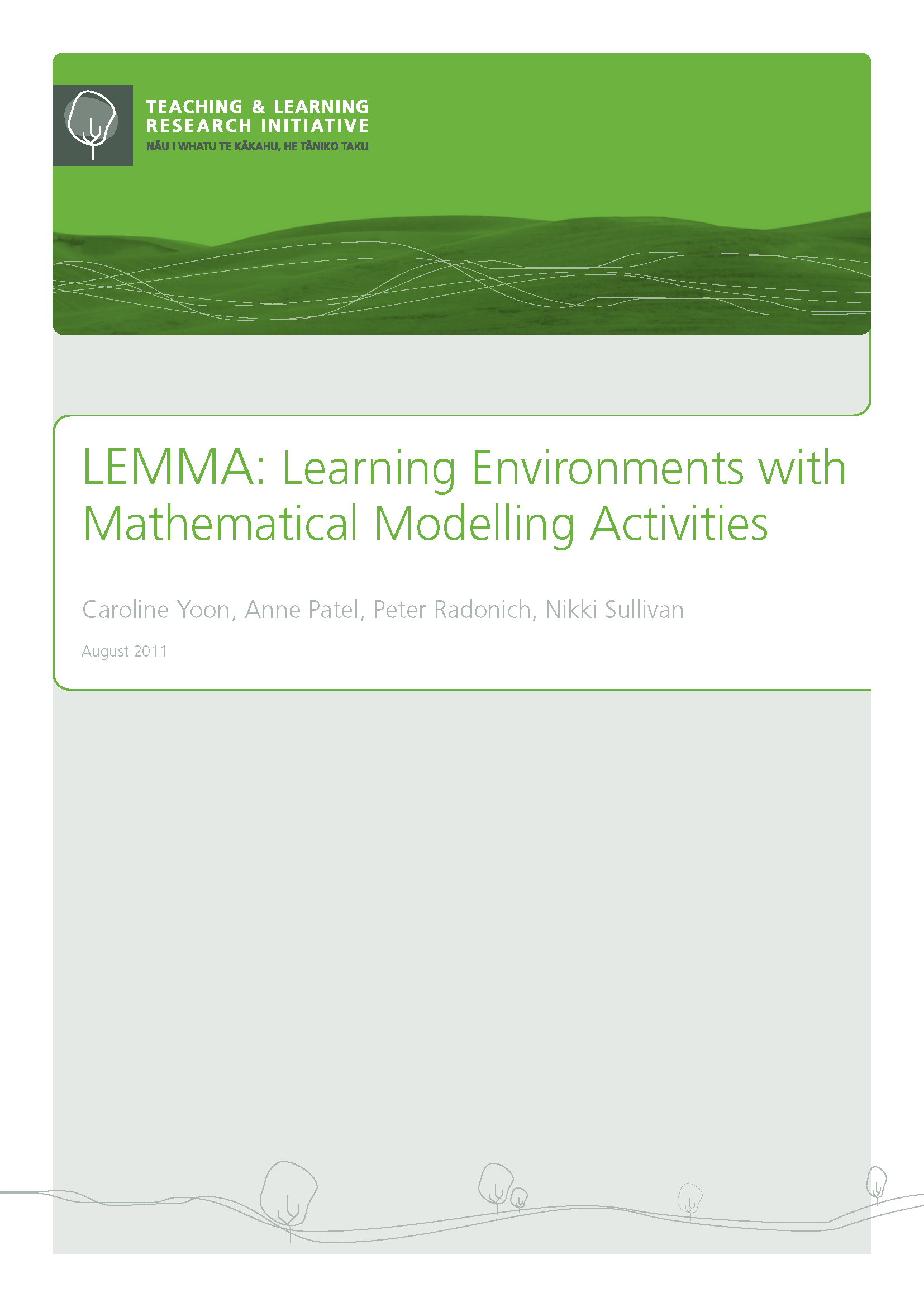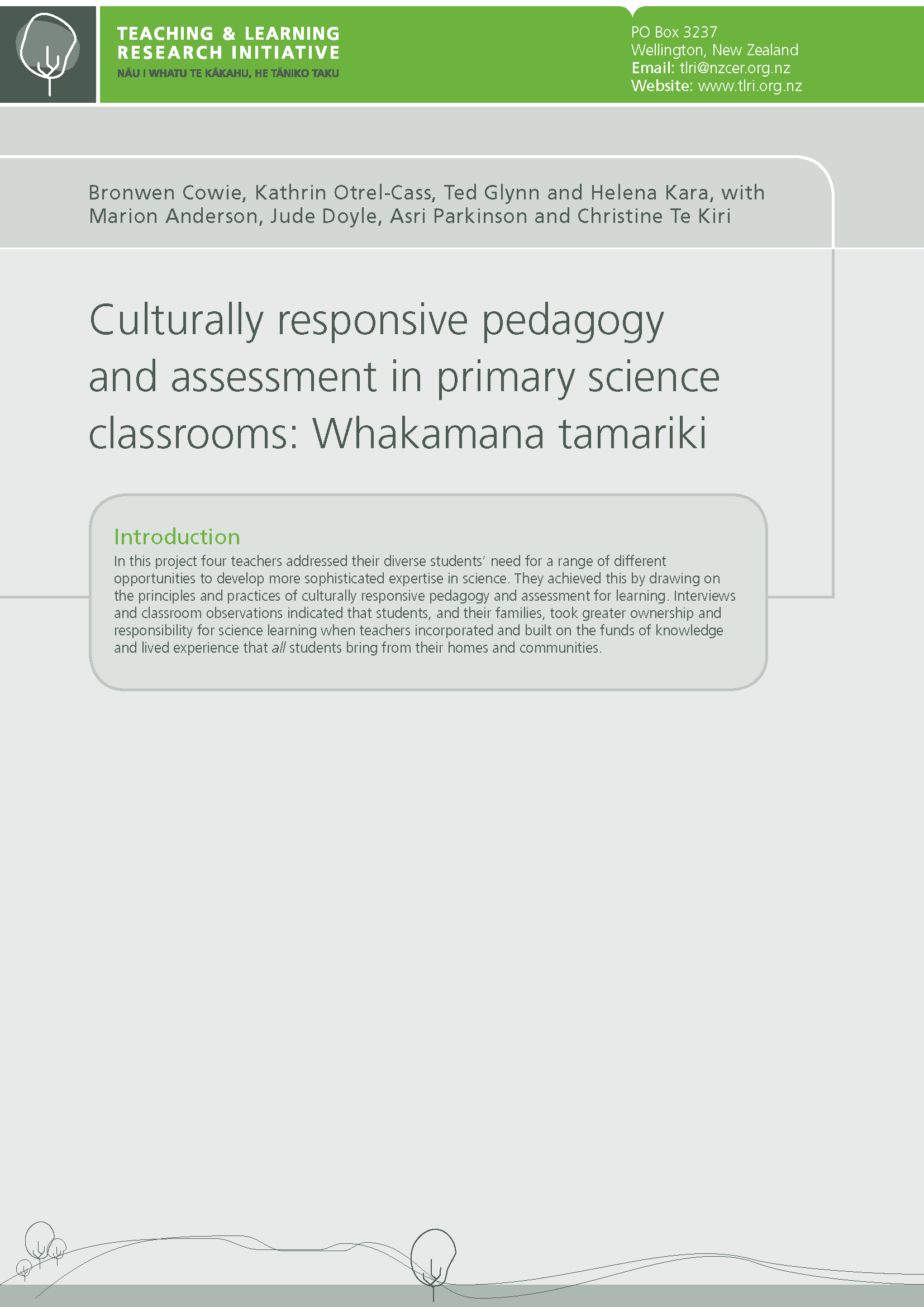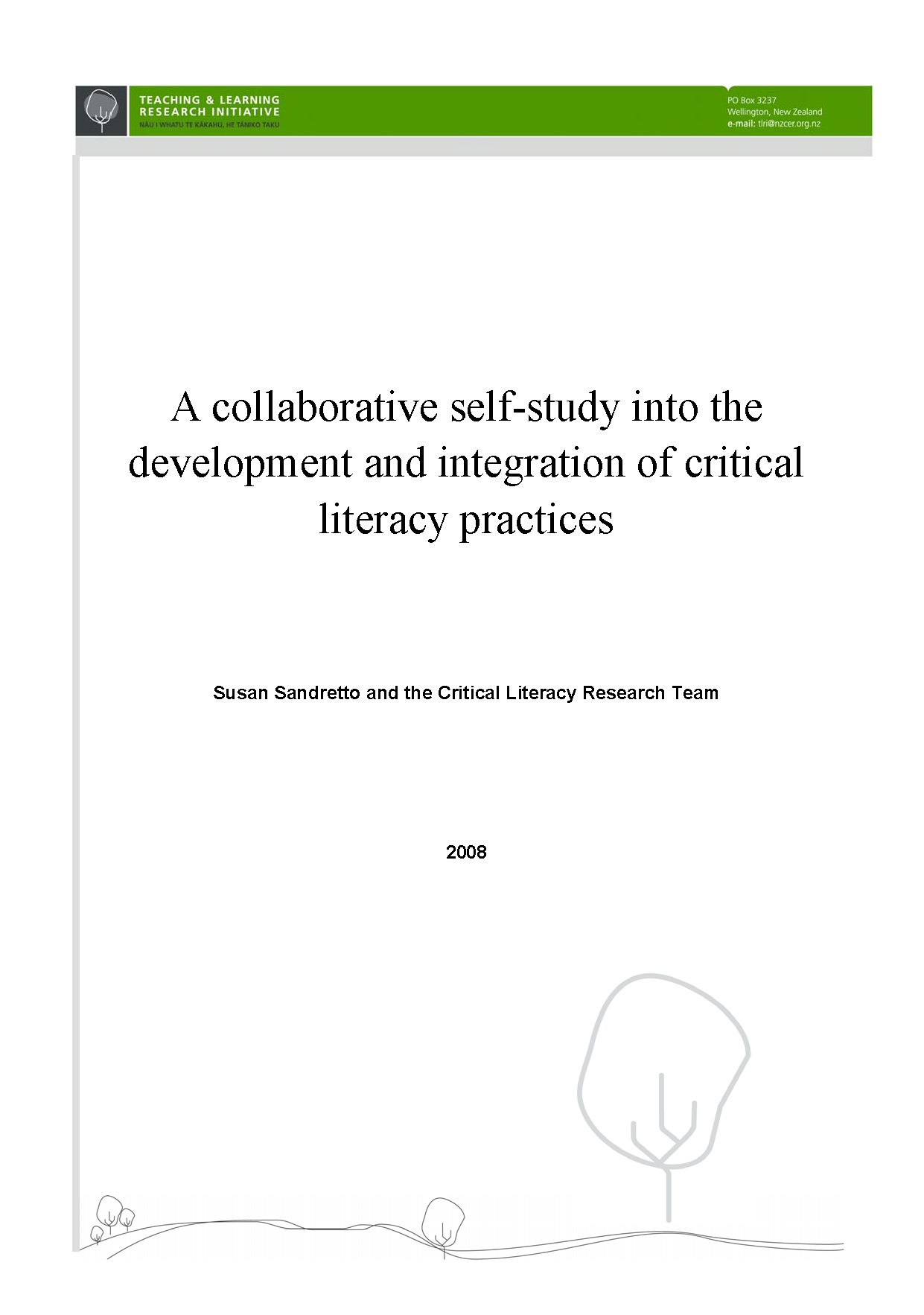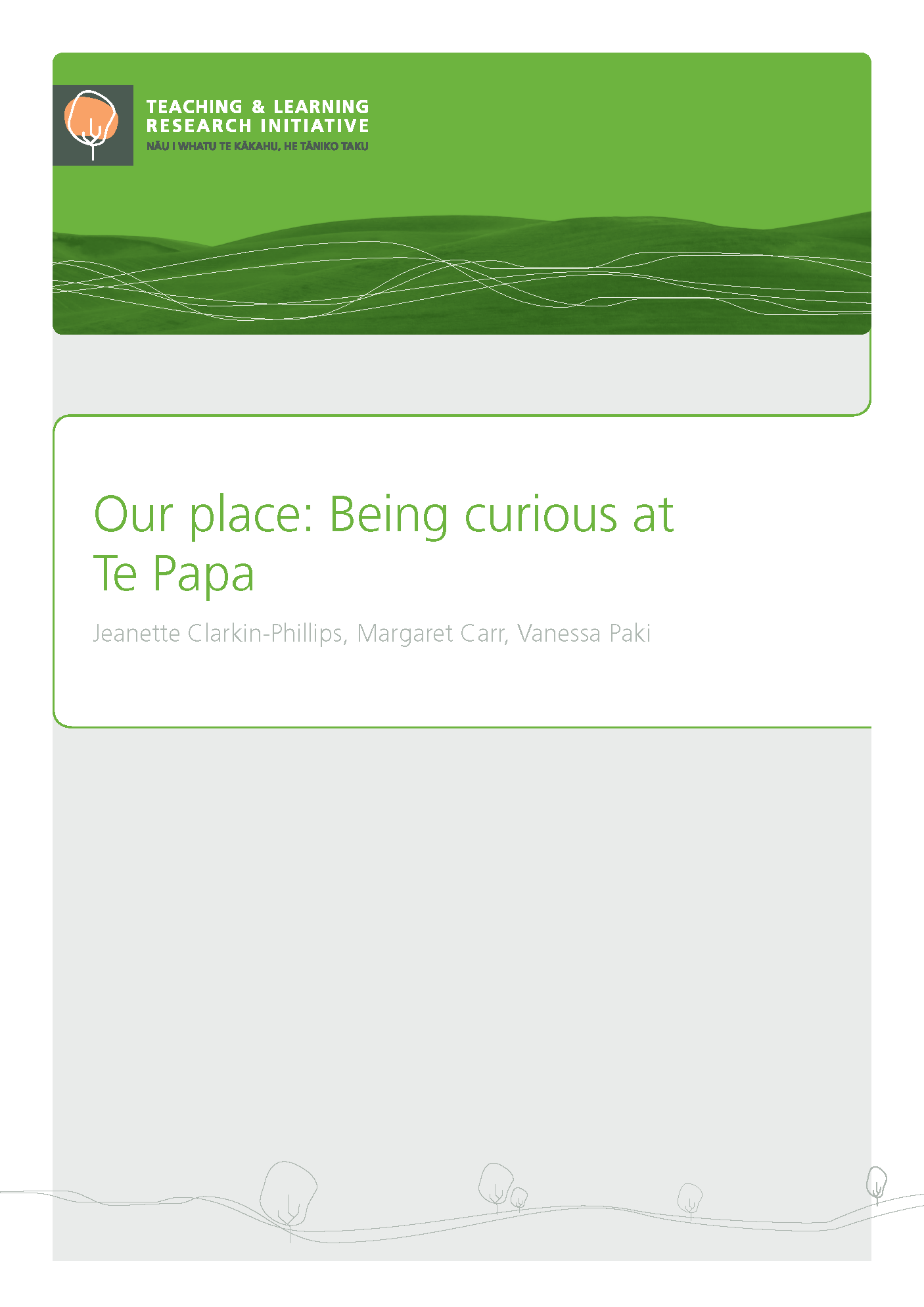
Our place: Being curious at Te Papa
Introduction This Teaching and learning research initiative (TLRI) project was sited in a kindergarten, Tai Tamariki, at the Museum of New Zealand Te Papa Tongarewa in Wellington. This kindergarten is a full day-centre for children aged 0–5 years. On average, 70 percent of the families include staff at Te Papa. The research focused on the relationship between the teachers, children and families at the kindergarten and selected exhibitions at Te Papa. It was extended to include these relationships with exhibitions at nearby art galleries. Key findings The project’s goals and intentions were to construct an understanding of how the children at this kindergarten made meaning of what they encountered and experienced at

